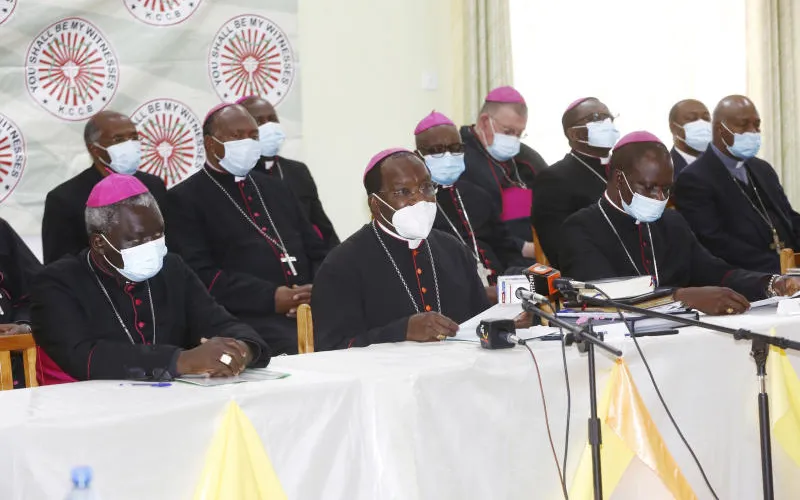Nairobi, 28 May, 2021 / 7:31 pm (ACI Africa).
Catholic Bishops in Kenya have, in a collective statement issued at the end of their Ordinary Plenary Assembly, outlined seven issues affecting the East African nation, which they want addressed for a “peaceful, secure and prosperous” nation.
In the seven-page statement, members of the Kenya Conference of Catholic Bishops (KCCB) outline the COVID-19 pandemic and health emergency, the proposed constitutional amendment and the 2022 general elections, restructuring of the electoral commission and the strengthening of the judiciary, insecurity, flooding emergency response and food insecurity as major issues that need addressing.
Referencing COVID-19 measures that the government has previously put in place, the Catholic Bishops say they “find it very painful when places of worship are closed to the public whenever there is a lockdown, yet at the same time people are allowed to go to the markets and other public places without any restrictions.”
“We find it unfair the way some of those charged with enforcing the law disrespect worshippers and places of worship,” KCCB members add in their May 27 message shared with ACI Africa.
They continue, “If there is anything to be addressed, let it be done in a humane way with maximum respect and care for the life and dignity of every person. Let us embrace the way of dialogue in tackling issues instead of using brute force and intimidation.”








